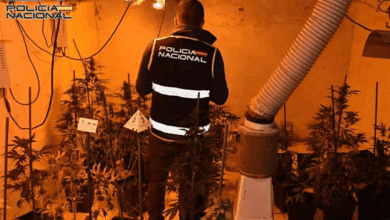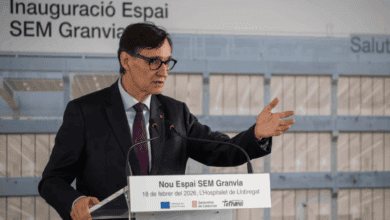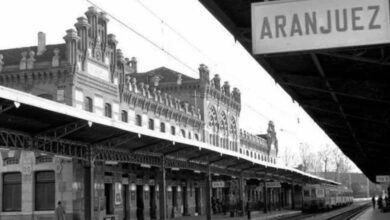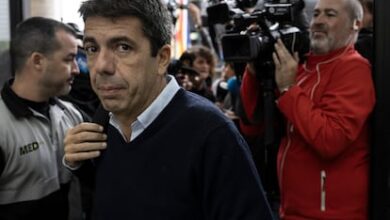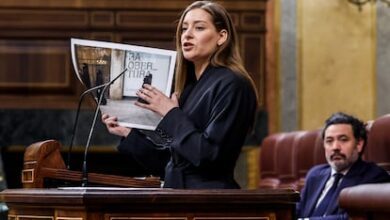
The investigation into the so-called ‘cloacas’ at the PSOE central office has taken new turns. Prosecutor Ignacio Stampa submitted correspondence to the court that, in his opinion, may indicate involvement of the party’s top leadership in a covert operation to eliminate the government’s political opponents.
Among the messages presented is an exchange dated just a few days before the story involving Leire Díez surfaced in the media. At that time, a recording was published in which Ferraz staff discussed gathering compromising materials on the Civil Guard unit responsible for major investigations.
Stampa himself, a former anti-corruption prosecutor involved in high-profile cases, claims he was offered career advancement. In return, he was expected to initiate investigations against the opposition party. The correspondence mentions the businessman Javier Pérez Dolset and Leire Díez, who, according to the prosecutor, tried to persuade him to cooperate.
The reports pay special attention to cases involving former commissioner José Manuel Villarejo and their impact on the Ministry of the Interior during Mariano Rajoy’s tenure. Negotiations between the parties lasted several months, and construction tycoon Luis del Rivero was brought in to establish contact with the prosecutor. Meetings took place in central Madrid, and after one of them, plans for a new meeting involving high-ranking officials, including the then-organization secretary of PSOE, were discussed.
The correspondence discussed the details of upcoming meetings, as well as the caution with which participants approached the situation. It is clear from the messages that those involved were aware of the risks and took care not to leave unnecessary traces.
Internal mechanisms and new suspects
The newly released data sheds light on the methods used by clandestine groups within the party. Until now, PSOE representatives denied that Leire Díez and other members of this group acted on direct orders from Santos Cerdán, one of Pedro Sánchez’s closest associates. However, new messages submitted to the court suggest otherwise: the connection between leadership and the operatives was closer than previously believed.
Investigators are continuing to analyze the correspondence to determine how deeply key party figures were involved in the operation. The main focus remains on efforts to gather compromising material on opponents and organize information campaigns against them.
The scandal surrounding Ferraz is escalating, and new details emerging from the investigation could have serious consequences for the country’s political elite. Further interrogations are expected soon, and possibly more high-profile names will be implicated.






